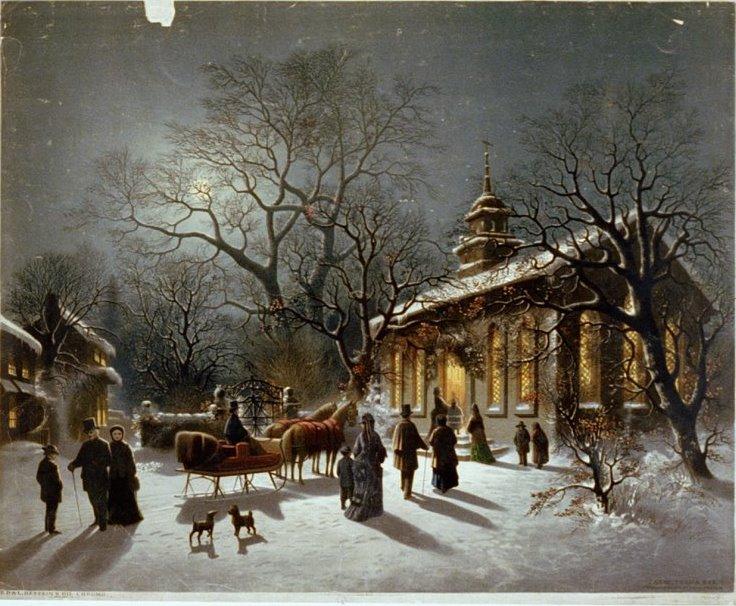Here I am writing about the new year two weeks in advance of the holiday, and as is the case with everyone else, each day brings a barrage of news about the pandemic, the presidential elections, and all sorts of other crazy stories ranging from Hunter Biden’s laptop to robots delivering food in Moscow.
Usually for an article such as this one, the writer will review the past year, highlighting its main events and personalities. I doubt whether my Epoch Times readers need or want a rehash of such an ugly year. Later, we’ll look at what we can take away from these troubled months.






